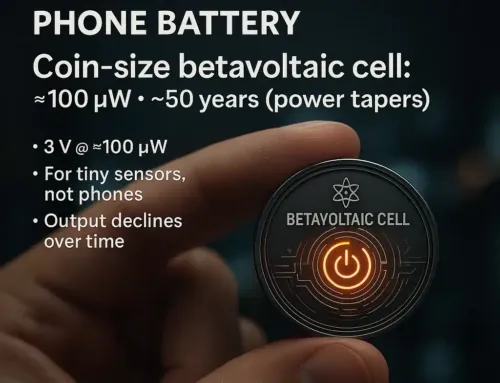
Approx. read time: 3.2 min.
Post: Lighting the Path to Quantum Supremacy: The Dawn of Light-Based Processors
Scientists have achieved a significant breakthrough, developing a reprogrammable light-based processor that represents a monumental step toward achieving computers with the capability to operate at the speed of light. This pioneering development is hailed as a precursor to a new age in quantum computing and communication, harnessing technologies that function at the atomic scale, already yielding substantial advantages in fields such as drug discovery and other niche areas.
Looking ahead, quantum computing on a grand scale holds the promise of tackling intricate issues beyond the reach of current computer technology.
Professor Alberto Peruzzo from RMIT University in Australia, the leading researcher, explained that their processor, which employs light particles (photons) for data transmission, plays a pivotal role in facilitating quantum computations by reducing “light losses” essential for maintaining continuous computation.
Peruzzo, who directs the ARC Centre of Excellence for Quantum Computation and Communication Technology (CQC2T) at RMIT, highlighted the potential for this technology to revolutionize data transmission, creating secure, “unhackable” communication networks, and to enhance sensing technologies for environmental and health monitoring.
Lighting the Path to Quantum Supremacy: The Dawn of Light-Based Processors
The research team demonstrated their achievement by reprogramming a photonics processor in various experiments to match the efficiency of 2,500 devices through the application of different voltages, with their findings published in Nature Communications.
Yang Yang, the study’s lead author and a Ph.D. scholar at RMIT, described the device as “fully controllable,” noting its capability for rapid reprogramming, lower energy consumption, and its ability to negate the necessity for multiple specialized devices by performing diverse physical dynamics on a single unit.
The device, crafted from lithium niobate—a crystal known for its exceptional optical and electro-optic properties—was developed with the collaboration of Professor Mirko Lobino from the University of Trento, Italy, and Professor Yogesh Joglekar from Indiana University Purdue University Indianapolis, USA, highlighting its potential for broad applications in optics and photonics.
Furthermore, Peruzzo’s team has developed a novel hybrid system that integrates machine learning with modeling to program photonic processors and manage quantum devices more effectively. This system aims to overcome one of the key hurdles in quantum computing: noise interference, which affects the performance of qubits, the fundamental elements of quantum computing.
This new method, detailed in their publication in npj Quantum Information, represents a significant advancement over traditional control and modeling techniques, offering a promising approach to enhancing quantum device performance and potentially setting a new standard in quantum computing control.
As the team explores further applications and the full capabilities of their innovations, they envision the foundation of startup companies centered around their photonic device design and quantum control methodology, underscoring the bright future of quantum photonics and the transformative potential of quantum machine-learning algorithms in handling vast datasets.
This vision extends to a future where computers operate millions of times faster than current speeds, secure communication is a reality, and complex problems can be solved in moments—a future not merely imagined but actively forged by advancements in quantum technology.









